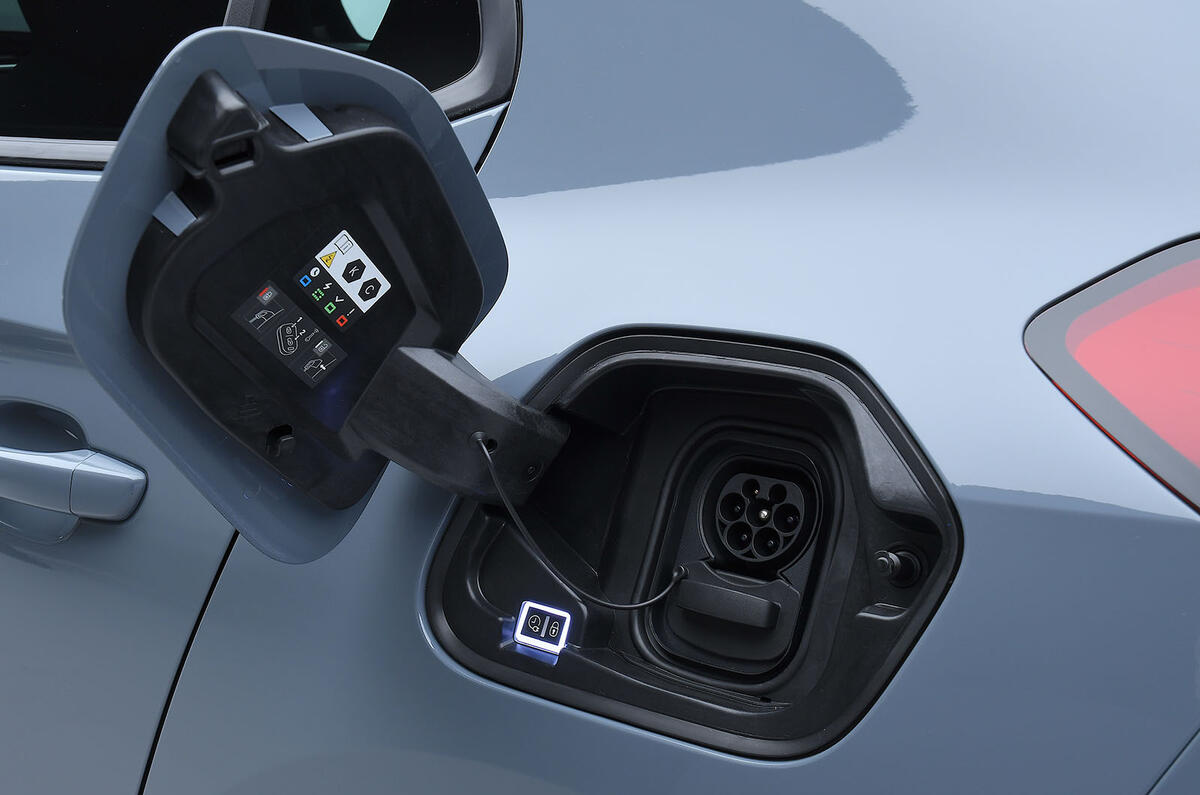We’re long past the stage of debating whether or not the original 2020 decision to ban the sale of new internal-combustion-engined cars in 2030 was a good one, yet for better or worse the fact is the date was set both in the minds of car buyers and the industry itself in making investments to ensure it was ready for the switch to EV.
Yet ever since that day, the amount of indecision and lack of leadership and ownership on this issue from the UK government has been remarkable, something that has now culminated with prime minister Rishi Sunak delaying the 2030 ICE ban for five years.




Join the debate
Add your comment
Even if the proposed changes go ahead, almost nothing has changed. Until yesterday we knew that hybrids (probably plug in, but we were never told) could be sold until 2035. Now we know non hybrids can be as well. However the ZEV mandate will limit this to 20% of the market, and the average CO2 numbers manufacturers have to hit will also mean low co2 cars are prioritised. Given that some of the 20% will be hybrids, the actual number of non hybrids that this change would allow will be tiny.
The press is divided that these changes are either a very good thing or terrible. Sadly the truth is, nothing has changed. Cheap cars are gone. City cars wont be comming back. the manual is still going to disapear.
If EVs are what people want we shouldnt need a ZEV, if they arent it wont do them any favour as they will be dumped on the market, and their values will continue to fall. But the changes Sunak spoke of wont improve anything, although i guess it might pick him up a few votes from people who dont look into things beyond daft headlines.
Hands up!, who wants Sunaks job?, yeah thought so, I bet he tells himself in the Mirror every morning I'm doing my best, don't envy anyone in a public office, do we?
But putting that aside, there are pros and cons to Sunak's announcement.
Pros: It allows that bit extra time for the grid to commission more capacity, for charging infrastructure to be built and for the battery industry to perfect SSBs. It also keeps us in phase with the EU which 'should' be a blessing for vehicle manufacturers across the board. It also helps stem the surge in Chinese EV imports.
Cons: It makes the UK look a bit unsure of itself and it'll trigger people like Ed Miliband who's eyes will now be popping even further out of his head.